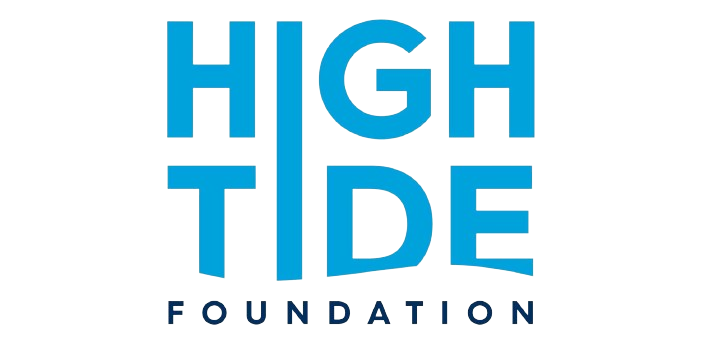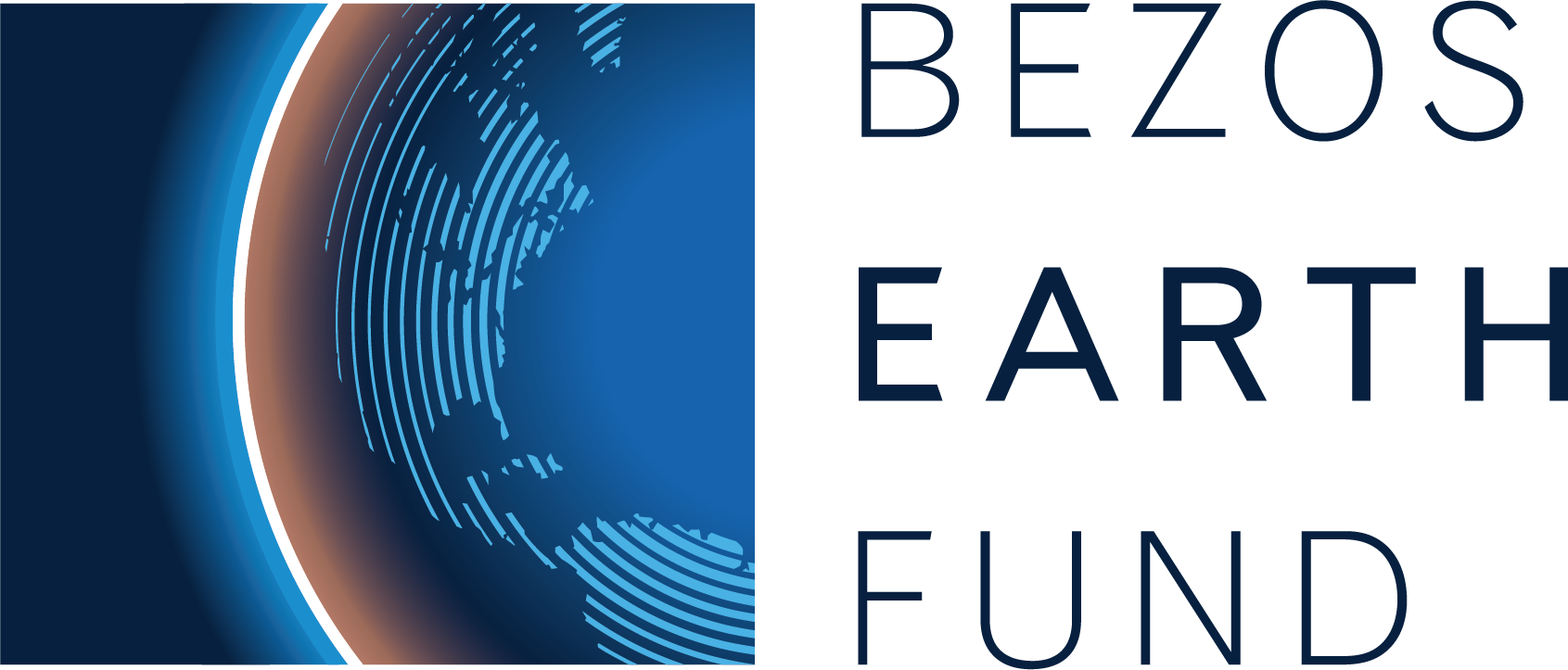The carbon market takes an important step toward high integrity
Written by ICVCM
Published

By Nat Keohane, President, Center for Climate and Energy Solutions, Amy Merrill, Chief Operating Officer, Integrity Council for the Voluntary Carbon Market and Annette Nazareth, Board Chair, Integrity Council for the Voluntary Carbon Market.
Without much fanfare, the prospects for climate action hit an important inflection point this week, when the Integrity Council for the Voluntary Carbon Market announced the first carbon crediting programs eligible for the organisation’s Core Carbon Principles label.
The voluntary carbon market, for those not in the weeds of climate action, is a potentially powerful lever to channel capital into programs and projects – overwhelmingly located in the global south – that cut greenhouse gas emissions while supporting sustainable development and local livelihoods. Examples range from village-scale projects to provide communities with clean cookstoves (providing nutritional benefits and cleaner air alongside reductions in climate pollution); to national-level programs to protect entire tropical forest landscapes by supporting indigenous peoples, rewarding smallholder farmers for maintaining forests, and investing in sustainable agricultural practices.
Companies such as Bain and Co and Microsoft have invested in the voluntary carbon market in order to help meet their corporate climate commitments. In 2021, the market hit a high-water mark of 2 billion US dollars in value, with trading volume representing nearly 500 million tons of greenhouse gas reductions. While the carbon market is far from a silver bullet in the fight against climate change, it has the potential to be a powerful means of mobilising capital – during a crisis in which every dollar of climate finance counts.
In recent years, however, the VCM has come under increasing scrutiny, bringing the quality of credits into doubt. While many programs and projects represent real, additional, durable reductions in emissions, there are other instances where the reductions have likely been overstated. In the language of economics, the VCM has been suffering from a “lemons problem.” As in the canonical case of a used car market, where buyers may have trouble distinguishing between a high-quality car and a “lemon,” buyers in the VCM have lacked a clear way of separating high-quality carbon credits from lower-quality ones.
This is where the Integrity Council comes in. In July 2023, the Council published a set of ten Core Carbon Principles, along with a comprehensive Assessment Framework. Acting essentially as a voluntary regulatory body – the organisation’s chair, Annette Nazareth, served as a member of the U.S. Securities and Exchange Commission – the Integrity Council is now evaluating carbon crediting programs (the organisations that develop and administer the methodologies used to generate credits) and categories (e.g., cookstoves, forest protection, clean electricity, etc.). Carbon credits that are issued by qualifying programs and belong to qualifying categories will be eligible to carry a Core Carbon Principles label. As in any market, we expect that this quality label will lead to higher prices for high-quality credits, creating an economic incentive that shifts the market toward higher integrity over time.
This is a painstaking and time-intensive process. The Integrity Council has a full-time staff of 25 and is drawing on the work of an Expert Panel made up of leading carbon market experts, as well as the invaluable input that has been provided by hundreds of organisations and individuals through public comment, stakeholder outreach and participation in the assessment process.
And the value will be enormous. At the Integrity Council, our mantra is: “Build integrity, and scale will follow.” If the VCM is going to realise its potential as a force for good, it must grow by ten or twenty times – delivering tens of billions of dollars in climate finance annually, representing hundreds of millions of tons of emissions reductions and removals. That will only happen – it should only happen – if scale is supported by the bedrock of high integrity.
While this week’s announcement was only the first step of many, it confirms a valuable finding: After undergoing extensive scrutiny and a battery of tests, three of the world’s largest carbon crediting programs: Gold Standard, ACR and Climate Action Reserve (CAR) have already met the high bar set by the Core Carbon Principles for governance; including in relation to decision making, transparency of processes, registries and third party verification processes. Other programs are expected to be considered at the Board’s next meeting. The strong foundation the market needs to grow is there: we just need to build on it.
With the assessment process fully underway, the Integrity Council will continue to roll out announcements of eligible crediting programs and approved categories, following the assessment procedure published last year. Since the Board (which has ultimate decision-making authority) meets on a regular monthly basis, we expect to see additional programs and categories becoming eligible over the coming months. While we cannot prejudge the outcomes, our aim is that the Board will have largely completed decisions covering over 50% of credits in the market, by September of this year. In parallel, the Integrity Council is launching a series of “continuous improvement” workstreams on various topics at the cutting edge of the voluntary carbon market, in order to better inform the next round of the Assessment Framework in a few years’ time.
Our hope is that this heralds a new beginning for the voluntary carbon market, where it can fulfil its potential to unlock private capital to accelerate progress towards our global climate goals.





